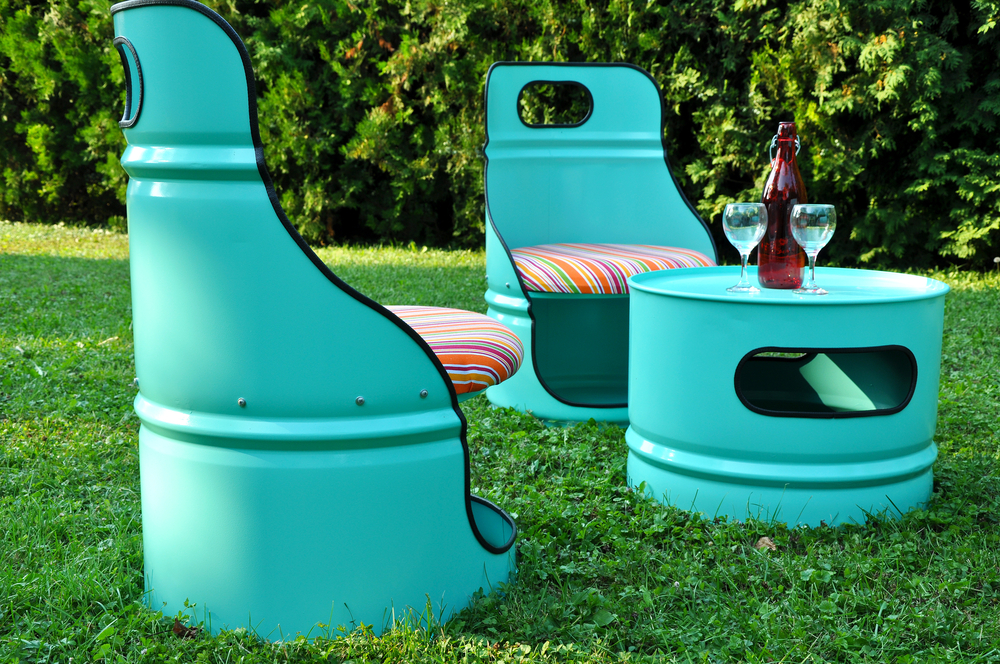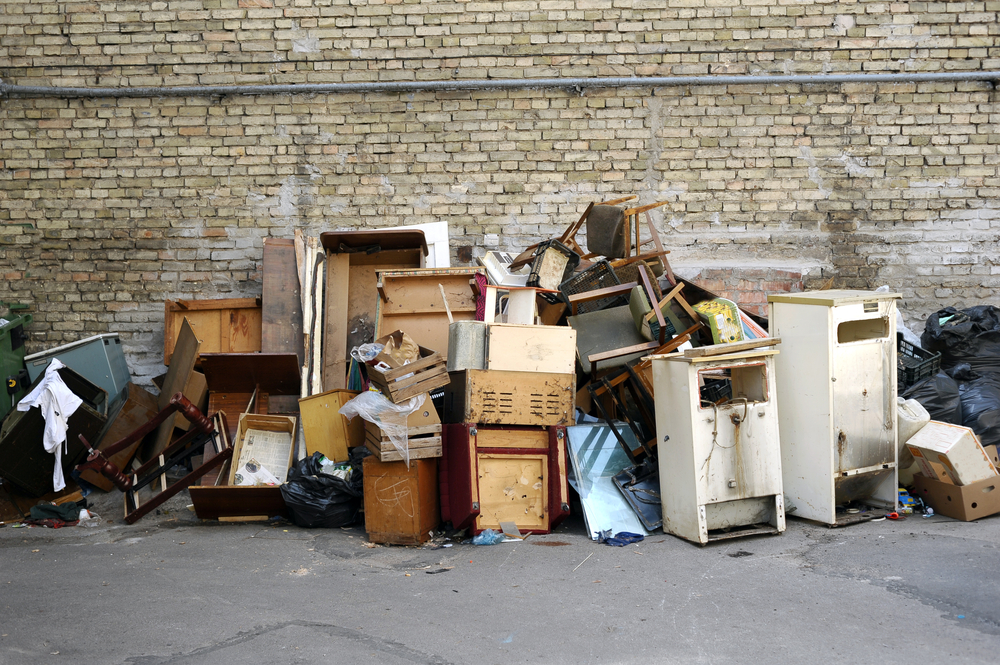You may have heard the term HMS being used within the scrap metal industry and wondered what it’s all about. Well, no wonder no more. HMS stands for Heavy Melting Steel and is a category that includes used steel and wrought iron, which is then categorised into two grades, HMS1 and HMS2.
The main difference between these two grades is the inclusion of blackened and galvanised steel, in which HMS2 includes but HMS1 doesn’t. Both of these grades are made up of only obsolete scrap – which is scrap that is taken/recovered from disassembled or demolished items. This distinction system helps when it comes time to actually sell the scrap metal and recycle it.
What exactly is it?
As mentioned above, HMS includes used steel and wrought iron. Used steel is fairly self-explanatory – it’s second-hand steel that has been previously used in some capacity. Wrought iron can be identified by its fibrous appearance and is highly malleable. True wrought iron can be shaped over and over again by reheating it and shaping it differently with the proper tools. The more it is worked, the stronger it becomes.
These two types of metal are ferrous scrap and are primarily recycled from things such as automobiles, certain types of fences, railway tracks etc. Within HMS there are two categories, HMS1 and HMS2, which tell the scrap metal recyclers how properly to recycle the two types of HMS.
HMS1
HMS1 is fundamentally defined by the fact that it does not include galvanised and blackened steel. HMS1 is separated into two codes itself which relate to the size of the pieces of scrap metal that you can sell and recycle. These codes are designated ISRI (Institute of scrap recycling industries), and for HMS1, are as follows:
- ISRI 200 – Pieces that are smaller than 36×18 inches in size.
- ISRI 201 – Pieces that are smaller than 60×18 inches in size.
For both of these codes, the pieces must be at least a 1/4 inch in thickness.
HMS2
When you sell scrap metal, it is important to know that HMS2 is essentially the same as HMS1 except it includes steel that is galvanised and blackened. Another major difference between the two is that the HMS2 pieces must be a minimum of 1/8 inches in thickness to be recycled. The reason for these specific measurements is that it makes for efficient furnace melting time, minimising the time it takes to charge enough scrap for a full melt.
Like HMS1, HMS2 contains different codes defined by ISRI, but rather than just two, HMS2 has four:
- ISRI 203 – Any wrought iron or steel that is blackened and galvanised that is at least 1/8 inches in thickness.
- ISRI 204 – The same as ISRI 203 with the exception that only pieces smaller than 36×18 inches are included in this code.
- ISRI 205 – Similar to ISRI 204 but this bracket could contain thin-gauge scrap from automobiles.
- ISRI 206 – Identical to ISRI 205 but the pieces must be smaller than 60×18 inches.
What is black and galvanised steel?
As we know, these two types of steel are categorised into HMS2 and are one of the major differences between HMS1 and HMS2, but what does black steel and galvanised steel actually mean?
Galvanised steel is when the steel has been coated with zinc to give it a longer life expectancy and also protect against rust and corrosion. Galvanised pipes are commonly used in plumbing. As they’re constantly exposed to water and other such liquids the galvanisation is highly useful.
Black – or blackened – steel is used primarily for carrying gas into homes or buildings via pipes. Black steel is uncoated and more fire resistant than galvanised steel. It has a black colour that is a result of the iron-oxide surface that is formed during the manufacturing process. There are a number of different techniques that can be used to create black steel including hot and cold-coatings and chemical baths and finishes.
Why is it important to recycle HMS?
There’s really no reason not to recycle HMS. It reduces CO2 emissions – which is great for the environment – and lessens the resources that are used to make fresh steel and wrought iron products. You can also sell your scrap metal and HMS and make money off the appropriate disposal of it.
Sell scrap metal
Metal Men Recycling is a premium scrap metal recycling company that will buy your scrap metal and recycle it in the proper manner. We come to you and pick up your scrap in exchange for eftpos or cheque payment – whether it be a residence or a business.
If you would like to enquire about our pickup procedure or more about HMS then please give us a call on 03 5941 6677 or contact us through our website.











